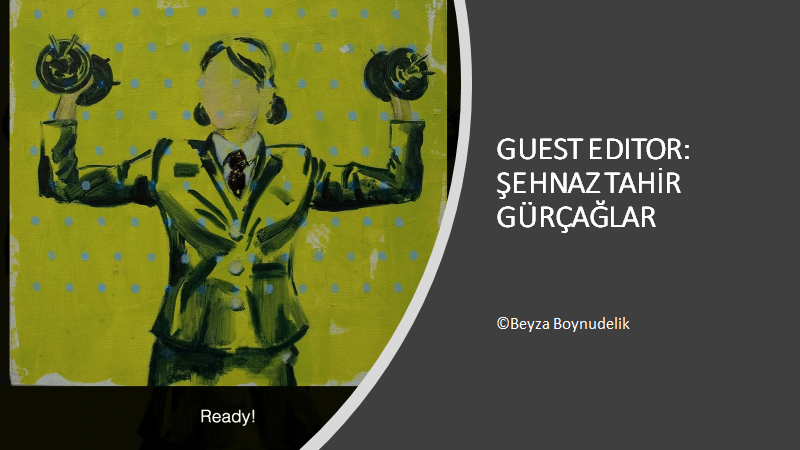“Once, Twice and Again!” Kipling’s Works in the Russian Twentieth Century Retranslations
DOI:
https://doi.org/10.21992/tc29484Abstract
The article traces the evolution of the image of Rudyard Kipling and of the role his works played in the Russian literature and culture. The study is performed on the material of Russian retranslations of Kipling’s poetry and of The Jungle Book, which followed different patterns and contributed differently and at times even dissonantly to the construction of the image of Kipling and his literary legacy in the Soviet Union. Strong competition of big independent publishers in the Russian Empire ensured multiple retranslations of The Jungle Book in order to cater for the demands of the wide readership. The change in political powers in 1917, the nationalization of print, and the focus on education worked towards the development of a very selective approach to the rendering of The Jungle Book, which eventually reduced itself to recycling a limited number of episodes. By contrast, Kipling’s poetry translation took the form of pioneering work, especially in the context of the ban on Kipling in the 1930 – 1970s. These two opposite vectors that Kipling’s translations took in the twentieth century had a tangible effect on the perception of Kipling as an author and inspired the Russian art of the second part of the twentieth century in the fields of literature, music, and film.
Downloads
Published
Issue
Section
License
Authors who publish with this journal agree to the following terms: a.Authors retain copyright and grant the journal right of first publication with the work simultaneously licensed under a Creative Commons Attribution License that allows others to share the work with an acknowledgement of the work's authorship and initial publication in this journal. b.Authors are able to enter into separate, additional contractual arrangements for the non-exclusive distribution of the journal's published version of the work (e.g., post it to an institutional repository or publish it in a book), with an acknowledgement of its initial publication in this journal. c.Authors are permitted and encouraged to post their work online (e.g., in institutional repositories or on their website) prior to and during the submission process, as it can lead to productive exchanges, as well as earlier and greater citation of published work (See The Effect of Open Access).



